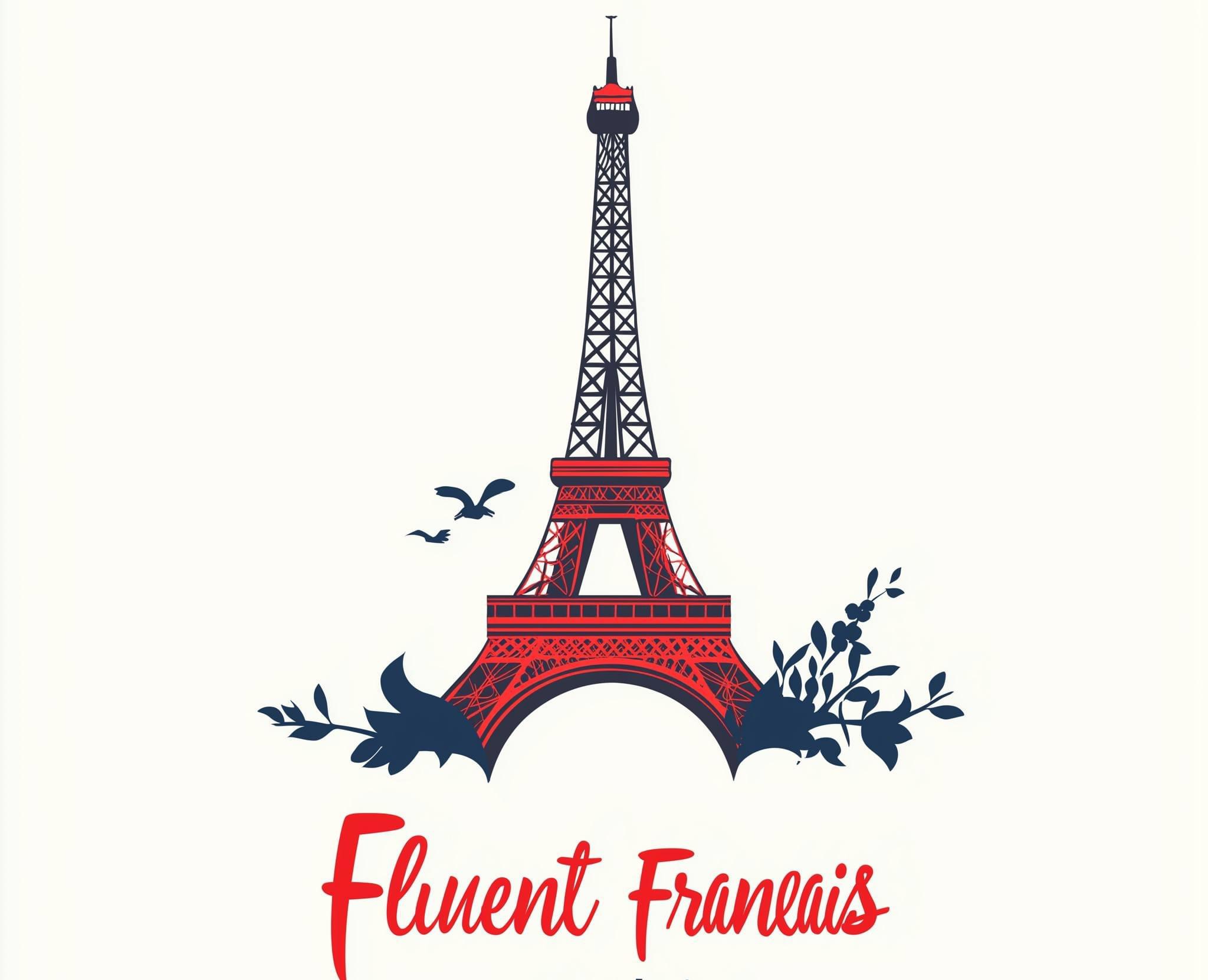A1 Lesson 19: ফরাসিতে ভবিষ্যৎ কাল (Le Futur Simple)
For Bengali Speakers:
Lesson 19: ফরাসিতে ভবিষ্যৎ কাল (Le Futur Simple)
ফরাসি ভাষায় futur simple ব্যবহার করা হয় ভবিষ্যতে যা কিছু ঘটবে বা করার পরিকল্পনা করা হয়েছে তা প্রকাশ করতে। এই পাঠে আমরা শিখব কিভাবে futur simple রূপ গঠন করতে হয় এবং বিভিন্ন ক্রিয়ার ভবিষ্যৎ রূপ।
19.1 ভবিষ্যৎ কাল গঠনের নিয়ম (Formation of the Future Simple Tense)
ফরাসিতে futur simple গঠিত হয় infinitive ক্রিয়া থেকে (যদি ক্রিয়াটি নিয়মিত হয়), যার সাথে ভবিষ্যৎ সমাপ্তি যোগ করা হয়। -er, -ir, এবং -re ক্রিয়ার জন্য নিয়মগুলি আলাদা। -re ক্রিয়ার ক্ষেত্রে -e বাদ দেওয়া হয়।
Subject Pronoun (বিষয়) Verb Ending (ক্রিয়ার শেষাংশ) Example: Parler (to speak) Example Sentence (উদাহরণ বাক্য)
Je -ai Je parlerai Je parlerai demain. (আমি আগামীকাল কথা বলব।)
Tu -as Tu parleras Tu parleras avec lui ? (তুমি তার সাথে কথা বলবে?)
Il/Elle/On -a Il parlera Il parlera bientôt. (সে শীঘ্রই কথা বলবে।)
Nous -ons Nous parlerons Nous parlerons plus tard. (আমরা পরে কথা বলব।)
Vous -ez Vous parlerez Vous parlerez demain ? (আপনারা কি আগামীকাল কথা বলবেন?)
Ils/Elles -ont Ils parleront Ils parleront ensemble. (তারা একসাথে কথা বলবে।)
19.2 অনিয়মিত ক্রিয়ার futur simple (Irregular Verbs in Future Simple)
কিছু ফরাসি ক্রিয়া অনিয়মিত এবং তাদের ভবিষ্যৎ রূপগুলি একটু আলাদা হয়। উদাহরণস্বরূপ:
• Être (to be): Je serai (I will be)
• Avoir (to have): Tu auras (You will have)
• Aller (to go): Il ira (He will go)
• Faire (to do/make): Nous ferons (We will do)
• Venir (to come): Ils viendront (They will come)
19.3 ভবিষ্যৎ কাল সম্পর্কে প্রশ্ন করা (Asking Questions in Future Simple)
ভবিষ্যৎ কাল ব্যবহার করে প্রশ্ন করার জন্য, সাধারণত ক্রিয়াটির রূপান্তর এবং প্রশ্নবোধক বাক্য ব্যবহার করা হয়।
1. Est-ce que tu viendras demain ?
(তুমি কি আগামীকাল আসবে?)
2. Quand partiras-tu ?
(তুমি কখন যাবা?)
19.4 উদাহরণ বাক্য (Example Sentences)
1. Je voyagerai en France l’année prochaine.
(আমি আগামী বছরে ফ্রান্সে ভ্রমণ করব।)
2. Nous serons ici à 8 heures.
(আমরা এখানে ৮টায় থাকব।)
3. Ils iront à la plage ce week-end.
(তারা এই সপ্তাহান্তে সৈকতে যাবে।)
For English Speakers:
Lesson 19: The Future Simple Tense in French
In French, the futur simple is used to talk about what will happen or what someone will do in the future. In this lesson, we will learn how to form the future simple tense and practice using it in sentences.
19.1 Formation of the Future Simple Tense
The futur simple is formed by taking the infinitive of the verb (for regular verbs) and adding the future endings. For -er, -ir, and -re verbs, the endings are the same, but for -re verbs, the -e is dropped.
Subject Pronoun Verb Ending Example: Parler (to speak) Example Sentence
Je (I) -ai Je parlerai Je parlerai demain. (I will speak tomorrow.)
Tu (You) -as Tu parleras Tu parleras avec lui ? (Will you speak with him?)
Il/Elle/On (He/She/We) -a Il parlera Il parlera bientôt. (He will speak soon.)
Nous (We) -ons Nous parlerons Nous parlerons plus tard. (We will speak later.)
Vous (You formal/plural) -ez Vous parlerez Vous parlerez demain ? (Will you speak tomorrow?)
Ils/Elles (They) -ont Ils parleront Ils parleront ensemble. (They will speak together.)
19.2 Irregular Verbs in Future Simple
Some verbs in French are irregular in the future tense and have slightly different forms. For example:
• Être (to be): Je serai (I will be)
• Avoir (to have): Tu auras (You will have)
• Aller (to go): Il ira (He will go)
• Faire (to do/make): Nous ferons (We will do)
• Venir (to come): Ils viendront (They will come)
19.3 Asking Questions in Future Simple
To ask questions in the future tense, you simply conjugate the verb and use a question form.
1. Est-ce que tu viendras demain ?
(Will you come tomorrow?)
2. Quand partiras-tu ?
(When will you leave?)
19.4 Example Sentences
1. Je voyagerai en France l’année prochaine.
(I will travel to France next year.)
2. Nous serons ici à 8 heures.
(We will be here at 8 o’clock.)
3. Ils iront à la plage ce week-end.
(They will go to the beach this weekend.)
